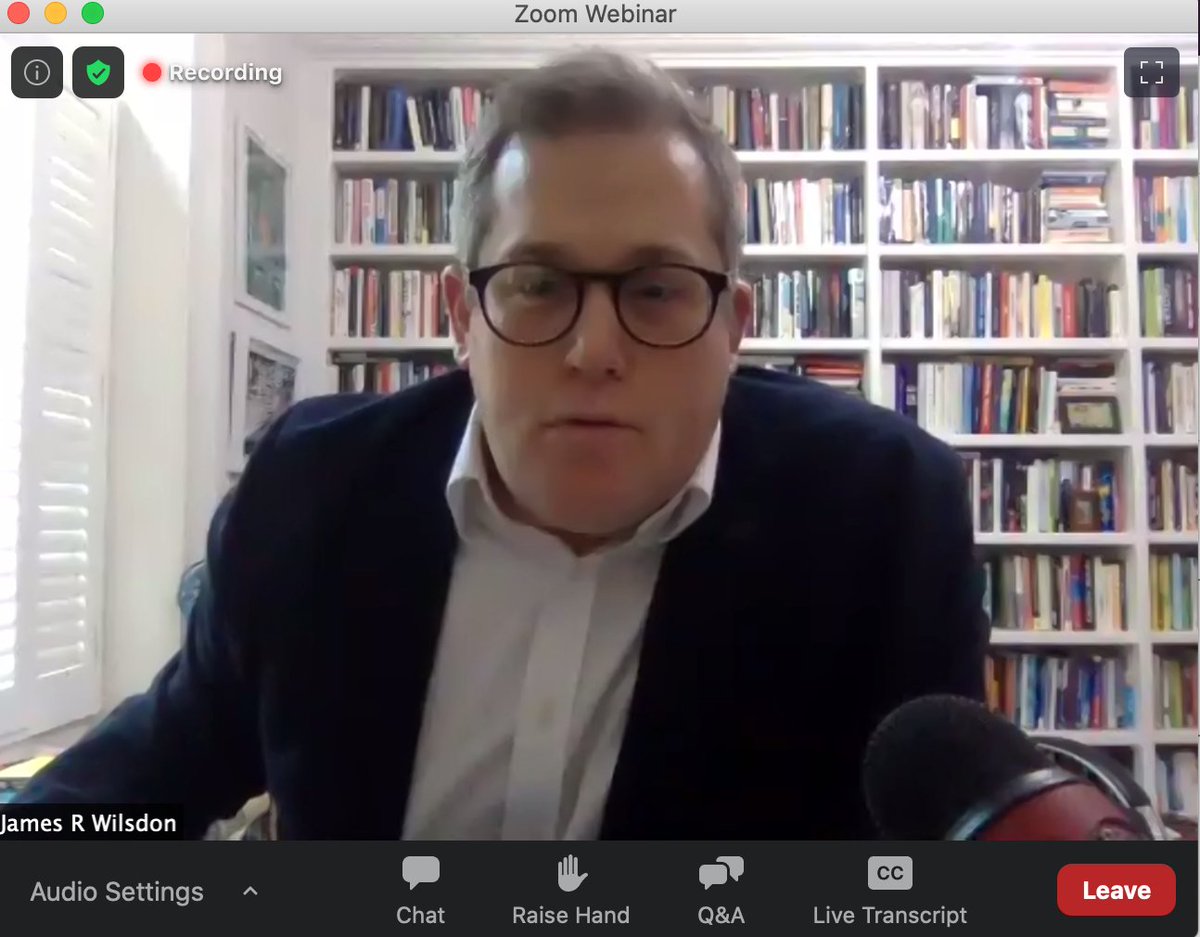
1/ I'm sitting in on an @ifgevents live stream with @ICOnews's Elizabeth Denham instituteforgovernment.org.uk/events/elizabe… #IfGDenham
If there's something relevant from a public engagement perspective I'll add to this thread
If there's something relevant from a public engagement perspective I'll add to this thread
2/ Some prepared remarks from ED first. The law worked best, she says, when the publics' views are put front and centre of any data use #IfGDenham
3/ Big things on her desk are #transparency, #AI #algorithms and #BigData < I wonder how many of those are big things from the public's perspectives? Suspect outcomes and impacts are much more relevant, less about data #IfGDenham
4/ she says that people are most concerned when it is unclear how their data is being processed, central to public trust is when people are at the centre of decisions about data #IfGDenham
5/ She is calling on the government to keep the concept of fairness when decisions are being made by algorithms and AI #IfGDenham
6/ she's calling for #FOI to be extended to private organisations delivering public services, and noting that #transparency requires records to be kept and maintained especially during a crisis #IfGDenham
7/ A key theme of what she's saying is that the principled based nature of the law works well as it gives flexibility in different contexts and at times of crisis #IfGDenham
8/ < I'm sure this is true, but don't think we do enough to engage publics in how the principles are interpreted in different contexts. It may not be possible in a crisis (arguable) but certainly could happen post-hoc #IfGDenham
9/ #transparency, #fairness and well explained decisions are critical for ensuring public trust she says #IfGDenham
10/ On WhatsApp usage by ministers, she doesn't think that we should stop ministers using private communication channels, but they are still covered by the law, they need to be preserved and one way is a positive duty to document which must be independently enforced #IfGDenham
11/ She's calling strongly for the ICO to remain independent from government, including the appointment of the Commissioner and it's codes and policies to remain independent from ministerial sign-off #IfGDenham
12/ it's a wrap #IfGDenham
• • •
Missing some Tweet in this thread? You can try to
force a refresh




